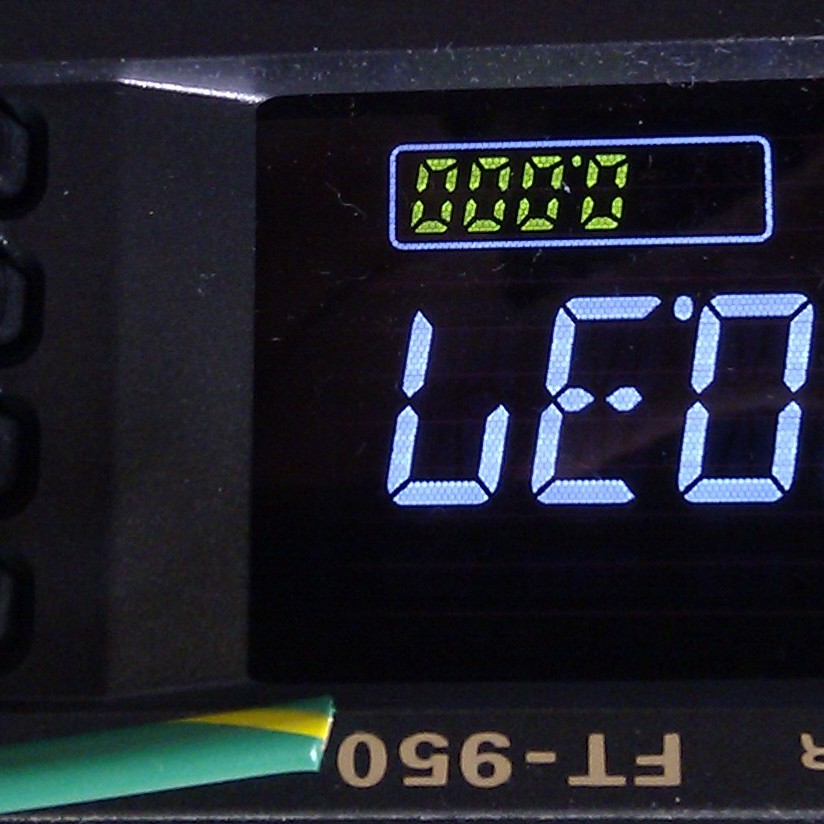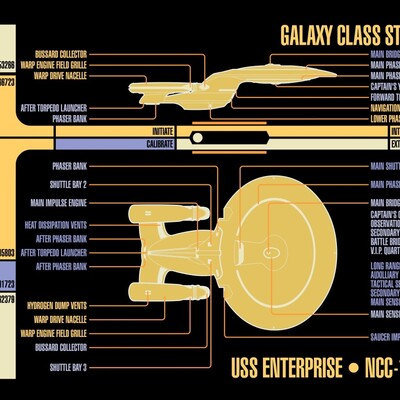Size of an uncompressed image of the Washington Crossing the Delaware painting = 1 Yankee
12 Yankees in a Doodle
60 Doodles in an Ounce (entirely unrelated to the volume or weight usage of ounce)
60 Doodles in a Dandy
That’s too straightforward. It should be 113 Doodles in a Dandy. And 73 Dandies in a Macaroni.
4 Macaronis in a bit of an ounce.
8 Macaronis in a full ounce.
How many Macaronis in a Handy though? I’d say 1776.
… I’ll see myself out.
Maybe its the number of men in the boat number of dandies in a macaroni
giggity
Make sure to make the specific term “Computer Ounce”, or co. oz.
Better yet, just use “cooz” as the “common unit”
Then it’s proportioned following fluid ounce measurements from there. e.g. “coc” (computer cup) is 16 coozes.
Ayyy, I’m in COLORADO so this would be great.
I second this. It makes total sense - computer memory is a volume to be filled with data. They ain’t call parts of a hard drive volumes for nothing.
Sampled at what resolution, though? It’s a physical painting and the true, atomic-scale resolution would make this whole system useless.
May I suggest the entire constitution in ASCII (American Standard Code for Information Interchange) instead? Bonus points if any future amendments change the whole system.
Edit: I suppose you actually want to start small. Maybe just the declaration sans-signatures, then. So, 6610*7 = 46,270 bits.
Congrats, in my almost year on Lemmy, this is the best comment I’ve seen!
How about feet of IBM punch cards?
A 1 foot tall stack holds 1,647,360 bits of data if all 80 columns are used. If only 72 columns are used for data then it’s 1,482,624 bits of data and the remaining columns can be used to number each card so they can be put back in order after the stack is dropped.
I like this because the amount of bits in a stack can vary depending on whose foot you use to measure, or the thickness of the card stock.
IBM standard cards are one 48th of a barleycorn thick. I believe IBM measured from the 1932 Iowa Reference Barleycorn, now kept in the vault inside Mt Rushmore.
THIS is what I’m talking about!
bit, Nibble, Byte, Word, doubleword, longword, quadword, double-quadword, verylongword, halfword
They check all Imperial criteria:
- confusing names
- some used only in some systems
- size depends on where you are
- some may overlap
- doesn’t manage to cover all the possible needs, but do you really need more than 64 bits?
- would probably cause you to crash a rocket
Words! Of course! Imperial measurement is words. Because they are as inconsistent as other imperial units.
1 tweet = 140 bytes
1 (printed) page = 60 lines of 60 characters = 3600 bytes
1 moa (minute of audio in 128000 bps mp3) = 960000 bytes
1 mov (minute of video) = typically around 30MB but varies by resolution and encoding, like ounces vs troy ounces vs apothecary ounces.
1 loc (library of congress, used for measuring hard drive capacity) = around 10TB depending on jurisdiction.
These are all rough averages, of course, but Tweets can be rather bigger than 140 bytes since they’re Unicode, not ASCII. What’s Twitter without emoji?
1 moa (minute of audio in 128000 bps mp3)
Give me 320000 bps or give me death!
Did anyone say Magabyte yet?
1/6th of a MAGAbyte is an insurrection
Ugh. I hate you.
Upvoted.
I would suggest:
- 1KB = storage capacity of 1 kg of 1.44 floppy disks.
- 1MB = storage capacity of 0.0106 mile of CD drives.
- 1GB = storage capacity of 1 good computer in the 2000s.
- 1TB = storage capacity of 1 truck of GB (see above)
PS: just to be clear, I meant CD drives, not CD discs.
1 kg
(͡•_ ͡• )
Don’t you mean one pound, abbreviated lb?
Naw, it’s actually one Kinda Gallon; a Kinda Gallon of course referring to the average of the masses of a gallon of water, a gallon of beer, and a gallon of whiskey.
I know you’re joking, but that first Kb definition makes me grind my teeth!
1.44 floppy disks can store, well, 1.44 MEGAbytes. So how can 1 kg of floppy disks can just store 1 KB?
Thank you for your compliment. I love it. The floppy disk is 1.44 non-freedom MB, not 0.015264 miles of CD drives.
lol
KiB, MiB, GiB etc are more clear. It makes a big difference especially 1TB vs 1TiB.
The American way would probably be still using the units you listed but still meaning 1024, just to be confusing.
Either that or maybe something that uses physical measurement of a hard-drive (or CD?) using length. Like that new game is 24.0854 inches of data (maybe it could be 1.467 miles of CD?).
The difference really needs to be enforced.
My ram is in GiB but advertised in GB ???
Your RAM is in GiB and GB. You can measure it either way you prefer. If you prefer big numbers, you can say you have 137,438,953,472 bits of RAM
Pretty sure the commenter above meant that the their RAM was advertised as X GiB but they only got X GB, substitute X with 4/8/16/your amount
As far as I know, RAM only comes in GiB sizes. There is some overhead that reduces the amount you see in the OS though. But that complaint is valid for storage devices if you don’t know the units and expect TB/GB on the box to match the numbers in Windows
MigaBytes?
MiB = mebibyte
Most people would use “word”, “half-word”, “quarter-word” etc, but the Anglophiles insist on “tuppit”, “ternary piece”, “span” and “chunk” (that’s 5 bits, or 12 old bits).
A milebyte is 5280 bytes
my harddrive is 250 toby keiths and my processer is 500 lee greenwoods
@cupcakezealot @BmeBenji why not 100 trumps processor rate.
i dunno that much seems almost criminal
@cupcakezealot yeah but I’d love to hear about megatrumps. but that could also be a measure for mass destruction
Because trump’s processor doesn’t have an IPC. It uses CPI instead and w’d have to start using scientific notation
Mp3s, standard def movies, HD movies, and 4k movies.
I’ve seen so many products advertised by how many “songs” or “movies” it can hold. Never mind you can encode the same movie to be massive or small. So I think we’ve found the right answer!
why go for RAMs when the constitution says ARMs…
and no more bits or bytes too, double bytes small or quadbytes regular size all the way.
-
kilo bytes is a grand
-
mega bytes is a venti
-
giga bytes is a grand venti
-
terabytes is a doble venti
really large amounts of ARM is a ton
why go for RAMs when the constitution says ARMs…
x86 is heresy
-
From smallest to biggest:
Bits (basic unit)
Bytes (8:1 reduction)
Words (4:1 reduction)
KiB (32:1 reduction)
MiB (1024:1)
GiB (1024:1)
TiB (1024:1)
PiB (1024:1)
A normal amount of porn (237:1)
Words aren’t always four bytes
Words (4:1 reduction)
Word is imperial unit. Like one british gallon is not equal to one us gallon, one x86 word is not equal one ARM word.
I know you asked about memory, but the computer I just assembled had a 750watt power supply. As an American I think we should refer to it as a “one horsepower power supply” instead.
That’s not bad, but is there a digital equivalent of a horse we could use?
Nyan cats
One hor… Bwahahaha!
 (GIF)
(GIF)
12 bits to an eagle
27 eagles to a liberty (changes whenever an amendment is added)
1776 liberties to a freedom
Computers are still programmed in bytes, but filesize is always in freedoms.
Perhaps bandwidth could be calculated around the fire rate of an AR15?










